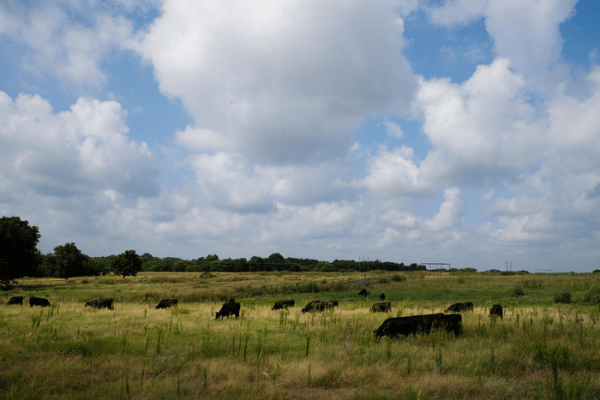An international coalition announced a $19 million research project aimed at understanding how a farmer or ranchers’ grazing management decisions impacts soil health on pasture and rangeland (commonly called grazing lands) and – in turn – how soil health can positively impact a producer’s land and well-being.
Entitled Metrics, Management, and Monitoring: An Investigation of Pasture and Rangeland Soil Health and its Drivers, the project was announced today at the National Grazing Lands Coalition triennial meeting. The Foundation for Food & Agriculture Research awarded Noble Research Institute a $9.5 million grant to lead this critical research that is improving soil health on grazing lands. Noble Research Institute is providing $7.5 million to this project with additional financial contributions by Greenacres Foundation, The Jones Family Foundation and ButcherBox.
Pasture and rangeland soils contain about 20 percent of the world’s soil organic carbon stock but have largely deteriorated in many regions due to poor management, fragmentation or conversion to cropland. As soil health decreases, the land loses its viability to grow healthy plants, maintain flood- and drought-resilience or filter water.
For decades, farmers and ranchers who have implemented soil health principles have improved the overall health of their land and have experienced more profitable operations, however, these observations have – to this point – been largely anecdotal. This research is quantifying these observations and examining how management decisions on grazing lands are connected to the overall health of the ecosystem, including the social and economic well-being of the farmer, rancher and land manager.
Read more at: Colorado State University
Steers grazing cover crops (Photo Credit: Noble Research Institute)


